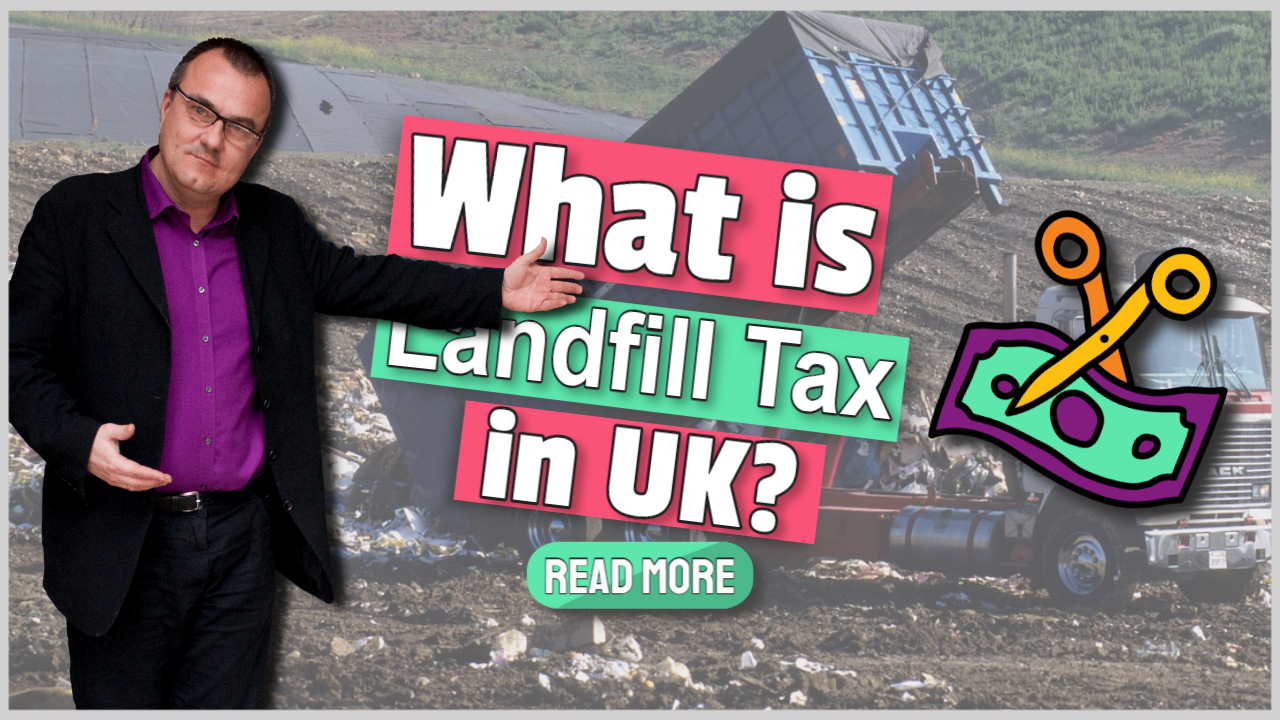Landfill Tax In The UK
Landfill tax is a type of environmental tax levied on the waste that is disposed of in a landfill.
The GOVERNMENT'S stated goal is to reduce the amount of non-recyclable solid waste produced and store it in a safe manner.
All landfills must be licenced by the government, and you must pay a landfill tax to utilise them.
Any corporation, municipal government, or organisation that dumps waste at a licenced landfill site must pay a landfill tax on top of the landfill operator's charges.
THE TAX CHARGED IS £96.70 per tonne of rubbish disposed of (April 2021).
The levy was enacted by the government to encourage the use of alternate trash disposal methods, such as recycling.
Opponents of the landfill tax argue that the rate was far lower in real terms when it was first established in the United Kingdom over 25 years ago.
In addition, the money raised back then was generally spent locally on community programmes to compensate for the environmental and social disadvantages of local landfills.
The majority of the money collected now goes to the general treasury, therefore landfill residents are no longer benefited.
As a result, while this levy undoubtedly encourages recycling, it is viewed as a general tax.
The majority of the fund collected NOW goes into the general exchequer and no longer benefits landfill locals.
For this reason, while this tax does no doubt do much to encourage recycling, it is seen as a general tax.

No comments:
Post a Comment